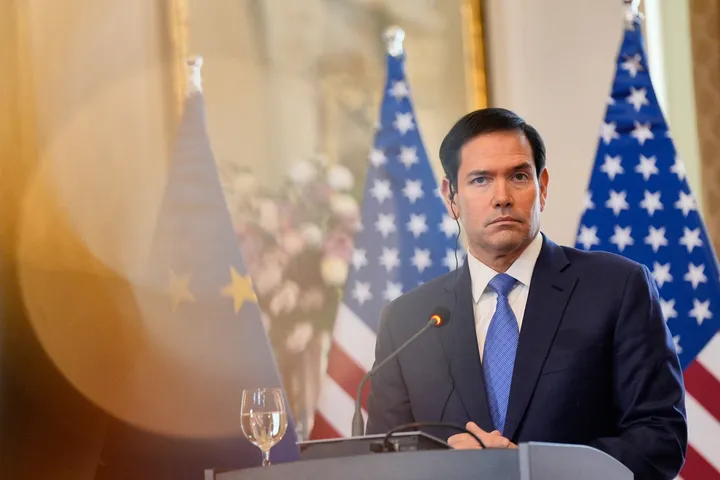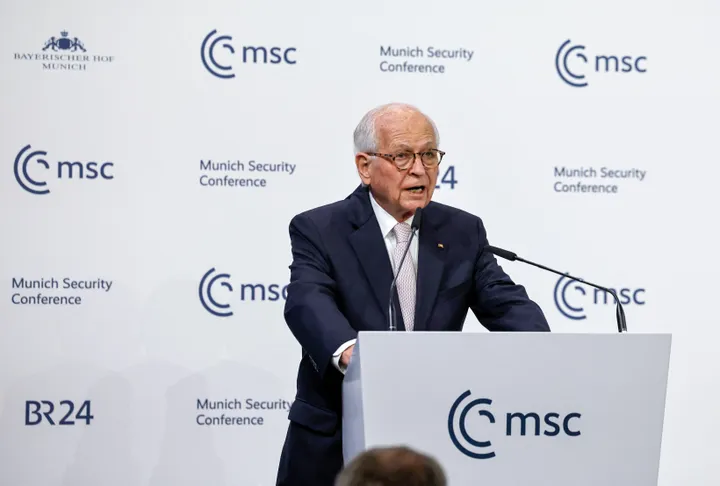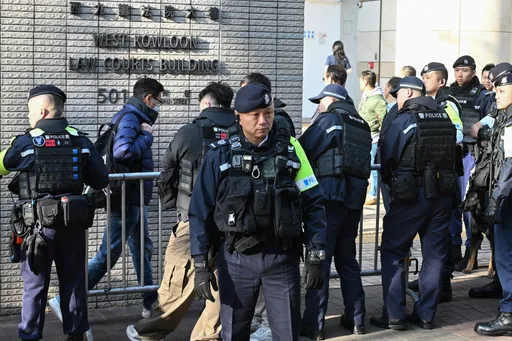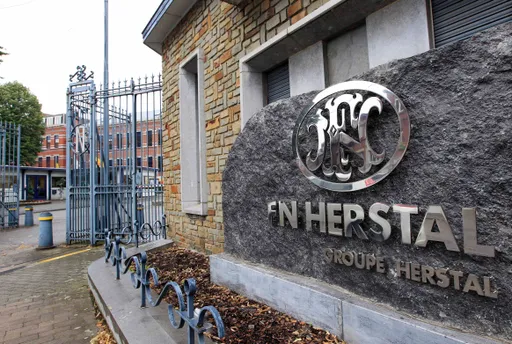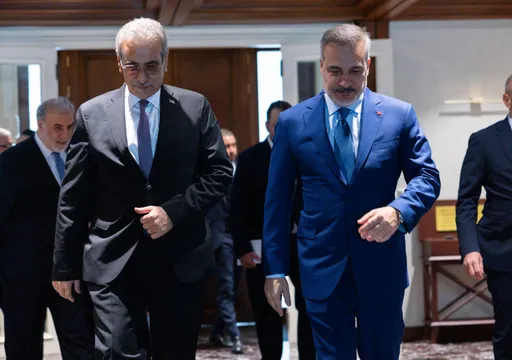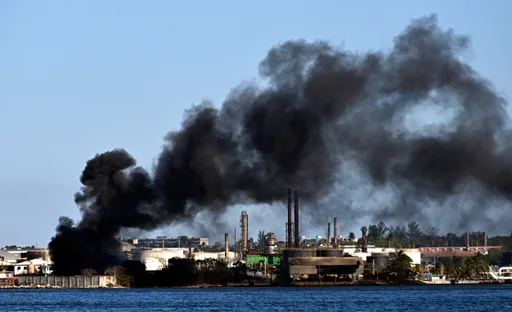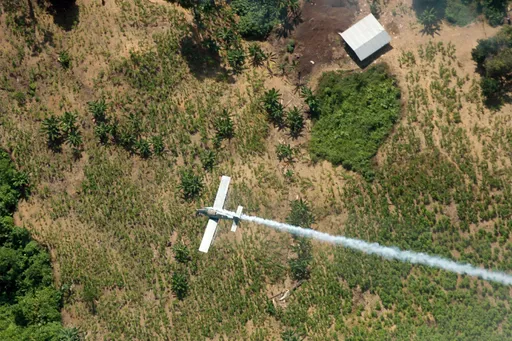With estimates in excess of 12,000 fatalities, you can also call it a war on the poor but Philippines President Rodrigo Duterte’s campaign to stamp-out drugs and end corruption is in trouble. And you do not need a jeepney driver to tell you most of the fatalities are small-time petty dealers while drug lords remain largely untroubled.
With the majority denied the right to due process, these are the Philippines’ killing fields.
The ease with which shabu, or methamphetamine, continues to seep into the country lays bare Duterte’s ham-fisted policy. In August a ton of shabu with a value of $126 million slipped through customs in a catastrophic failure of intelligence.
The body count is piling up but results are not. Picking-off individuals without disrupting the supply chain is at best a dereliction of government responsibility and at worst corroborating evidence of extrajudicial killings, a fact Duterte has all but conceded. Reducing supply as much as possible is no silver bullet, but its effect of raising prices and reducing consumption is integral to managing illicit drugs.
Still, completely eradicating drugs is unrealistic and there is a body of evidence to prove it. Using law enforcement agencies alone is a blunt instrument that has little lasting impact. Wherever you look—Latin America, Afghanistan or West Africa—a militarized response has not only caused enormous collateral damage, but spurred political instability and fueled repressive policies. There is an enormous social cost too. Mass incarceration in the US has failed to stem the influx of drugs while the costs of a solely enforcement-led strategy are huge.
A report by the London School of Economics Expert Group on the Economics of Drug Policy signed by no less than five Nobel Prize laureates, proposes a new international framework based on the premise that different policies will work for different countries and regions. What does that mean?
In the Philippines it is about further progress on poverty reduction and shifting resources from enforcement towards public health policies of harm reduction and treatment. Is that a too lofty goal? Maybe. Last year the Philippines ranked 111 out 180 countries in the Corruption Perceptions Index. For Duterte it is hell’s paradox. Drugs feed the corruption, corruption feeds drugs. But it is a mantle he has readily embraced.
Just like the relationship between an addict and drugs, the interdependency of the two seems impossible to break. If Duterte draws any solace at all, it is that his criticism of international bodies such as the United Nations has some validity. For years the UN pushed a global drugs policy based on prohibition in a one-size-fits-all campaign. Mr. Duterte is right when he says the problem of shabu and its solution is different from cocaine or heroin, but that is not a green light for a tacit shoot-to-kill campaign.
Indeed the political pushback against the war on drugs may have already started in the Philippines. Accusations of a coup plot have dominated local media headlines amid a clamp-down on dissenting voices.
Frustration at his inability to make a meaningful dent on either drugs or corruption has prompted Duterte to signal he may resign. But he has another problem too. The economy is faltering and the working class is being hit where it hurts most - in their pockets.
Inflation is soaring, interest rates are rising, there is a run on the peso and investors are increasingly anxious. Unsurprisingly, the Philippine Stock Exchange is one of the worst performing markets globally this year. A handful of local oligarchs control large swathes of the economy and bureaucratic investment laws make it difficult for foreign investors to add much needed competition.
There is an increasing risk converging dissatisfaction with Duterte’s ‘War on Drugs’ and economic hardship may soon alienate a large part of the population that previously supported his polices.
The durability of the narco-campaign faces other challenges. Despite his protestations, the International Criminal Court casts a long shadow over the president’s assault on human rights. With often strained US relations and a quixotic relationship with China, The Hague based court may prove more troublesome than Duterte currently acknowledges.
Rodrigo Duterte has a lot of time for late President Ferdinand Marcos and the parallels between the two men are striking. Depending who you talk to among Filipinos, Marcos was with either a mass murderer who salted away billions in foreign bank accounts or a president that ushered in a golden era in the minds of his loyal followers. Duterte shares the same dictatorial tendencies and sees martial law as a means to an end.
For now it is confined to the restive southern island of Mindanao, although it is not difficult to imagine increasing political instability and. Duterte’s erratic behavior leading him to argue the case for a nationwide mandate. And to complete the Marcos thread, Duterte wants to springboard the scion of late President Marcos, Ferdinand ‘Bongbong’ Marcos Jr., to become his successor, leapfrogging incumbent VP, Leni Robredo whom Marcos Jr. accuses of ballot rigging in the 2016 vice-presidential elections.
How well that would play is still unclear but. Duterte’s blind obsession is in danger of taking the country to rack and ruin. It took years for the Philippines to ditch the moniker ‘Poor Man of Asia’ but it is now in danger of being defined by another epithet.

